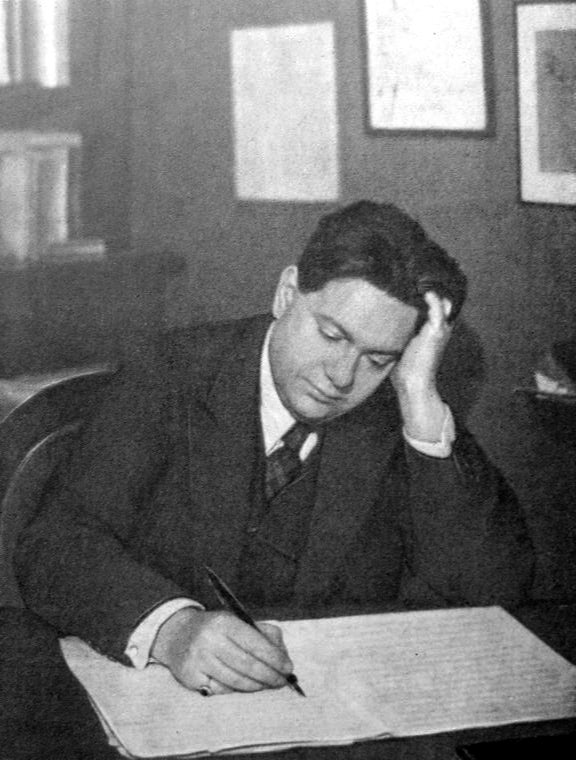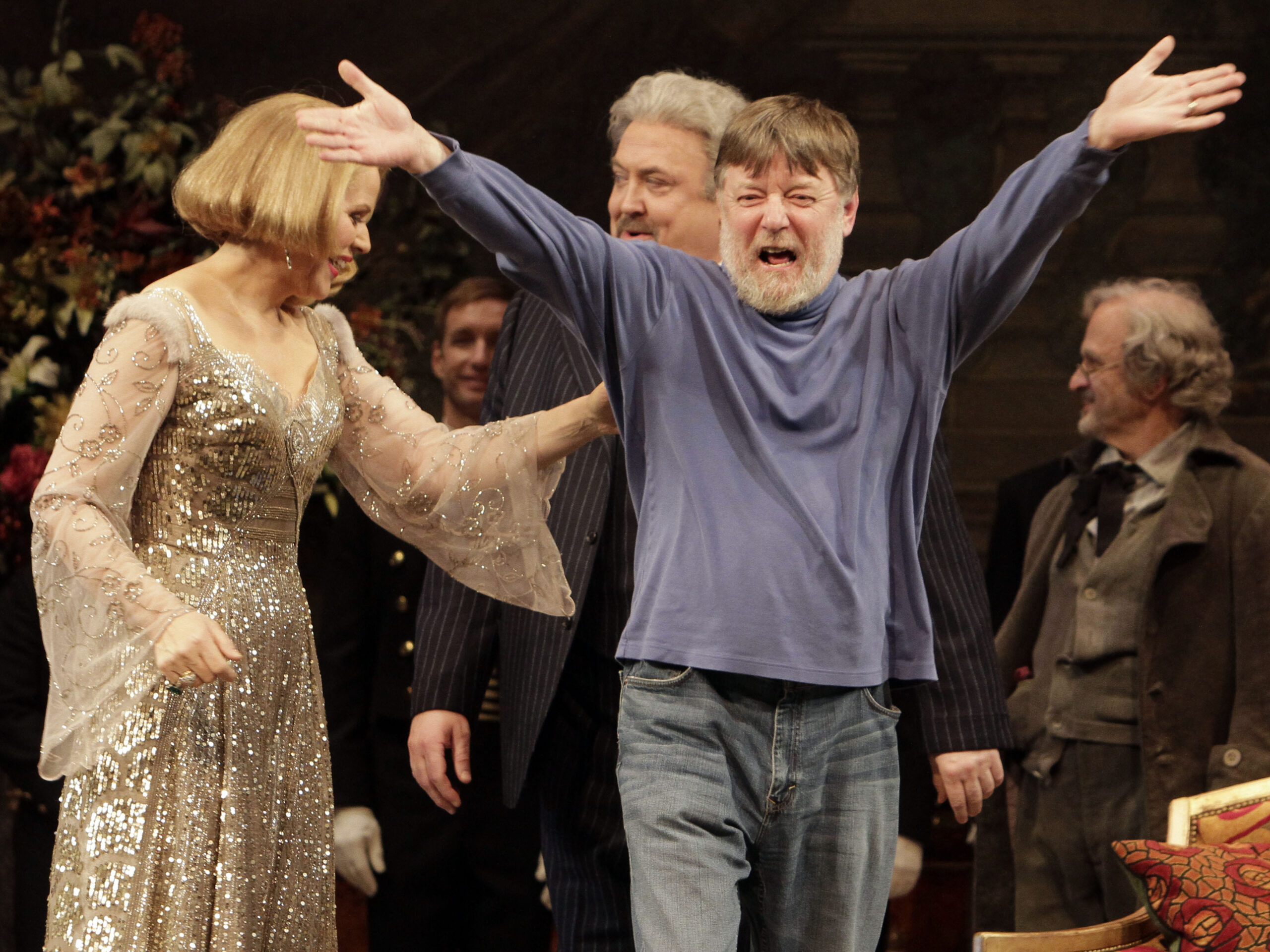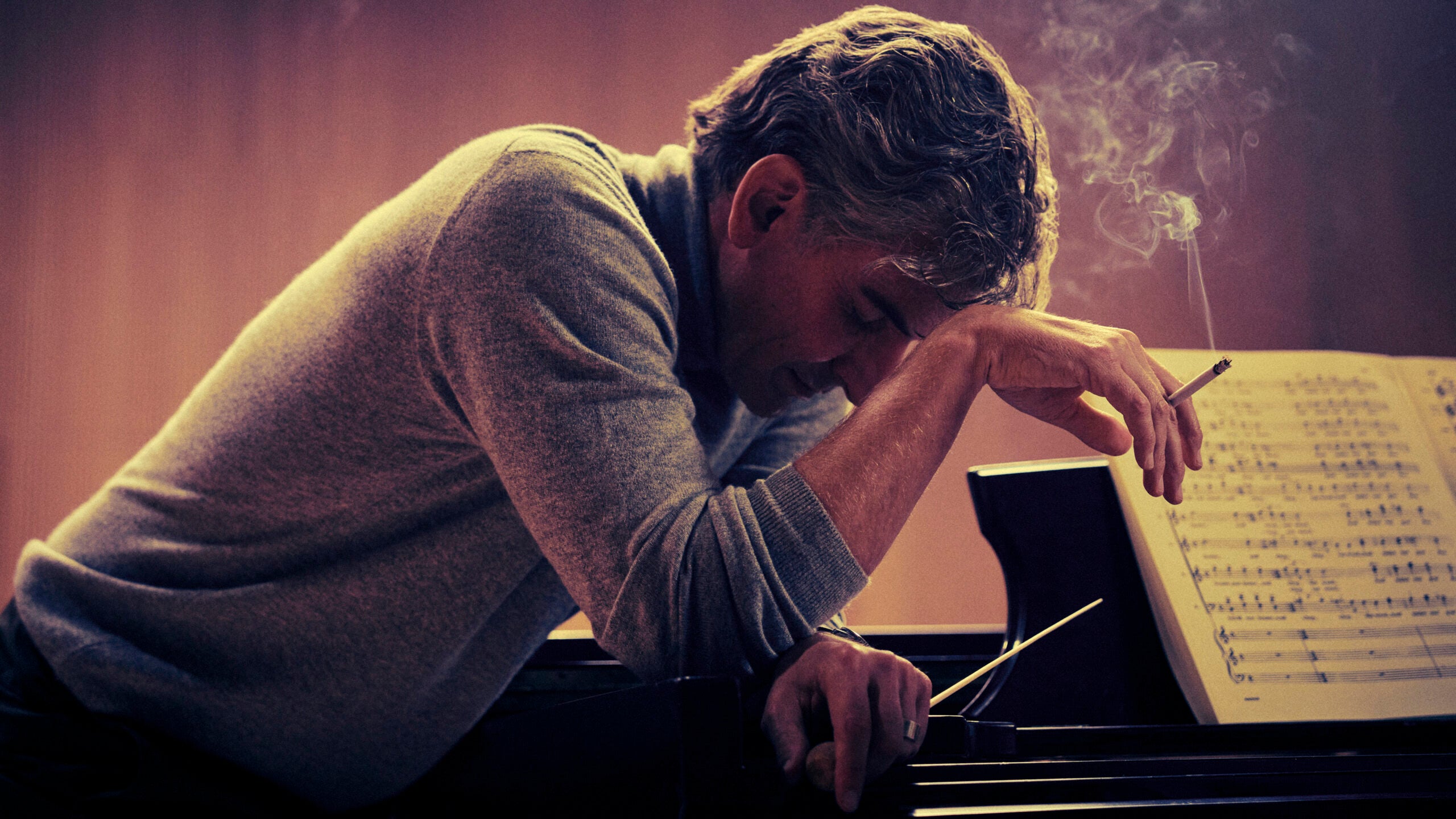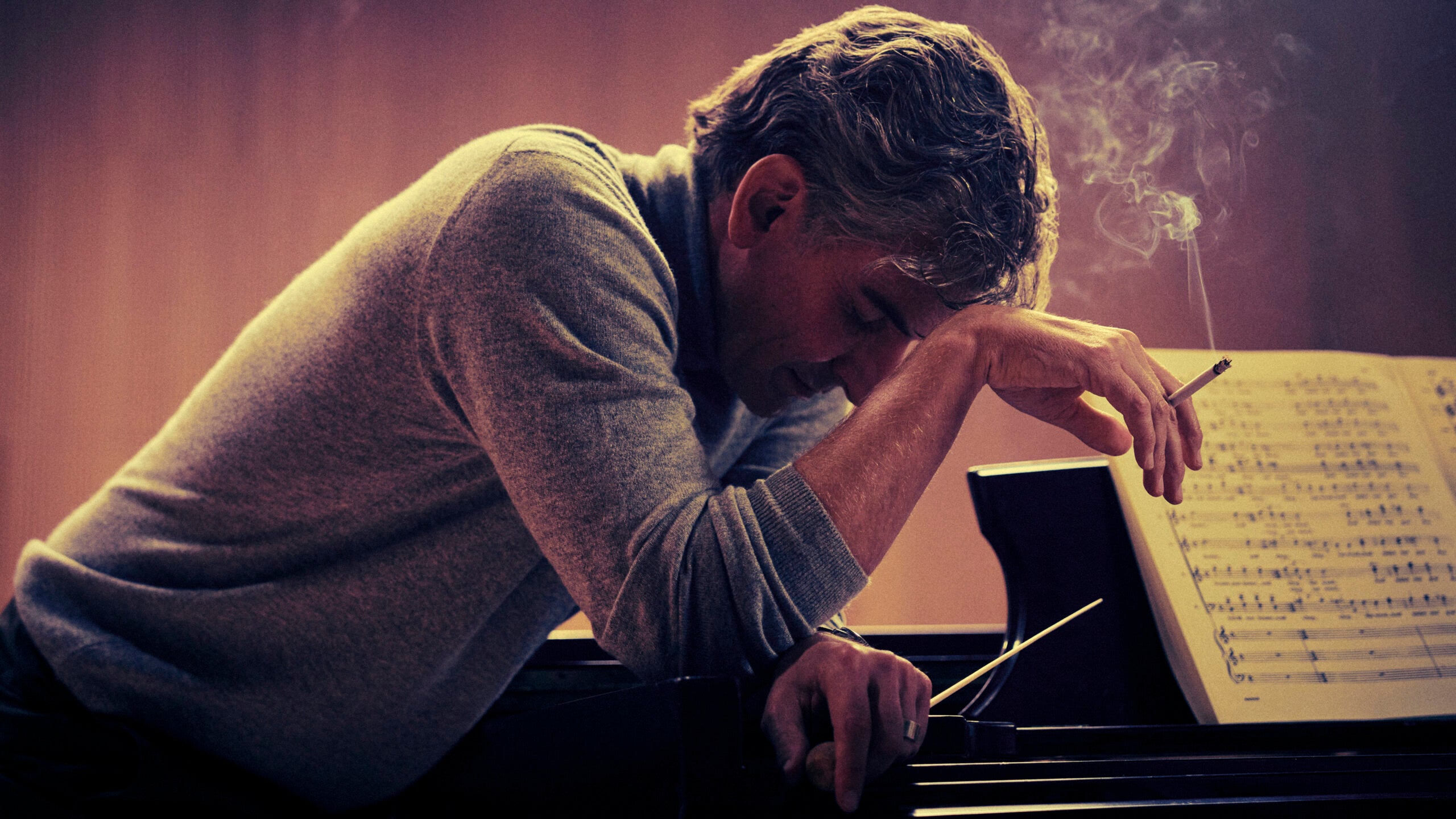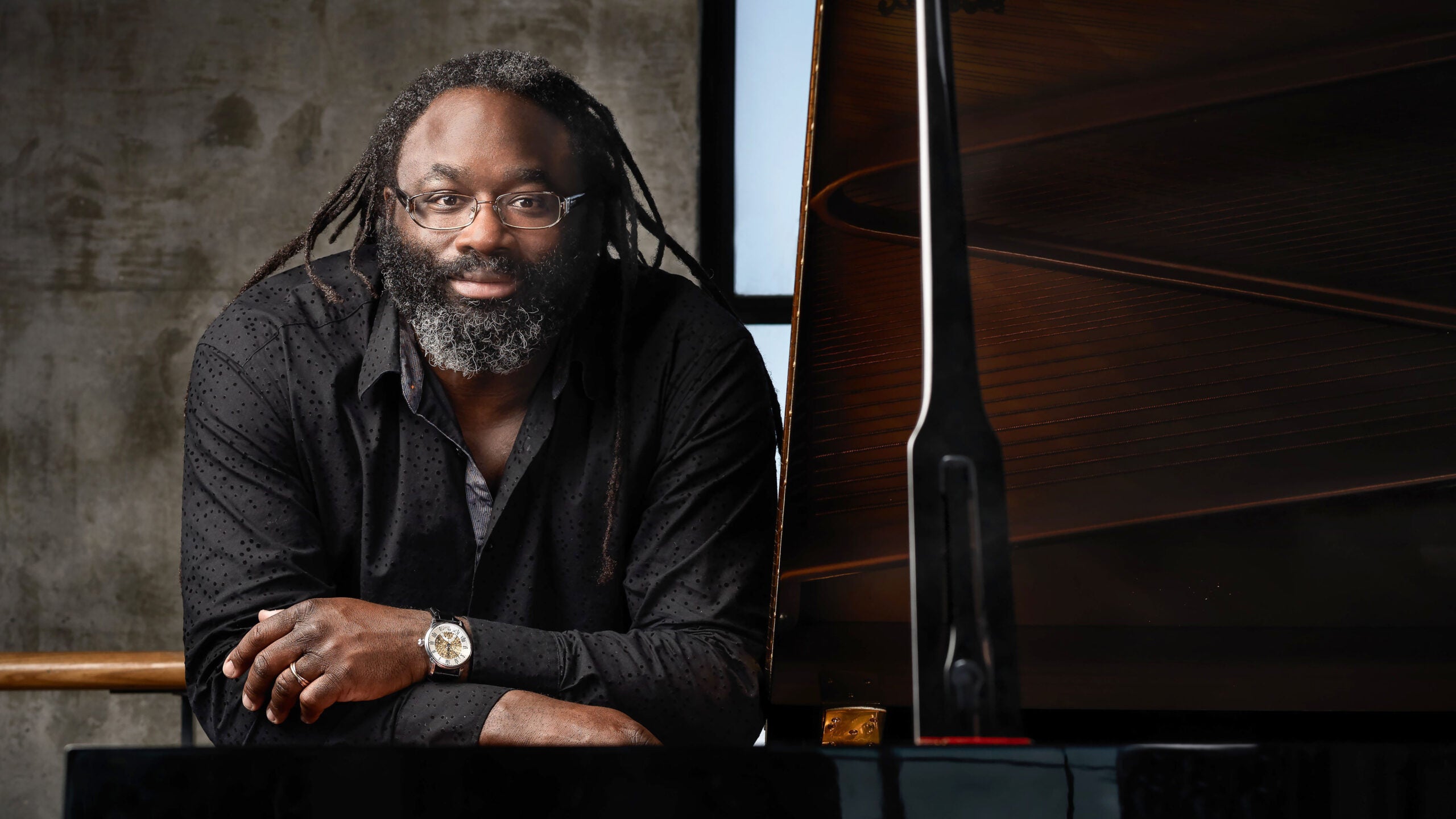In 1922 French composer Darius Milhaud was eager to see America. Once he made arrangements for enough concerts as a conductor to justify the journey, only one problem remained–delivering. Although he had no experience beyond conducting his own works, Milhaud would soon find himself expected to lead one of the greatest orchestras in the world.
A few weeks before leaving France Milhaud received a telegram from his manager telling him that he was to conduct a concert in Philadelphia. The program was to be half-classical and half-modern. Clearly Milhaud was going to have to broaden his repertory quickly.
When he arrived in Philadelphia the fledgling conductor was in for a bigger shock. Leopold Stokowski, the conductor of the Philadelphia Orchestra, had left for a European trip, designating as his interim replacements George Enesco, Alfredo Casella — and Darius Milhaud. The young Frenchman was now expected to make his debut as a stand-in for one of the most important conductors in the world.
Stay informed on the latest news
Sign up for WPR’s email newsletter.
Milhaud remarked later with typical nonchalance, “I was not too nervous. Since I had to begin some time, it was all for the best that it should be with the finest symphony orchestra in the world.”
The contemporary works gave him less trouble than the others did, Milhaud said later. “I studied the scores very thoroughly and the rehearsals didn’t go so badly. The orchestra must have found me clumsy but they were very kind.”
Two friends who had helped arrange Milhaud’s American tour came from New York for the concert, expecting to see the novice conductor in a sweat half an hour before the performance but instead found him sitting calmly at the dinner table eating a dessert.
“I tried to conduct with simplicity and precision,” Milhaud said of the big debut, “and that was my salvation. I even had the satisfaction of reading in one newspaper that I was a good conductor but a lousy composer.” He added, “But I still tremble when I think of my gall–or innocence back then. Ignorance is bliss.”
Wisconsin Public Radio, © Copyright 2024, Board of Regents of the University of Wisconsin System and Wisconsin Educational Communications Board.

